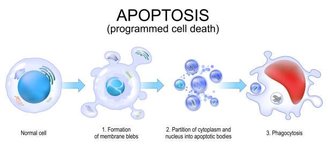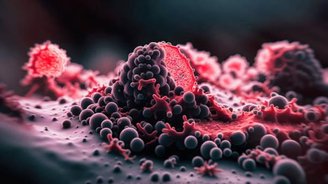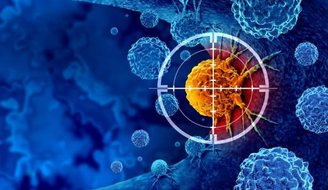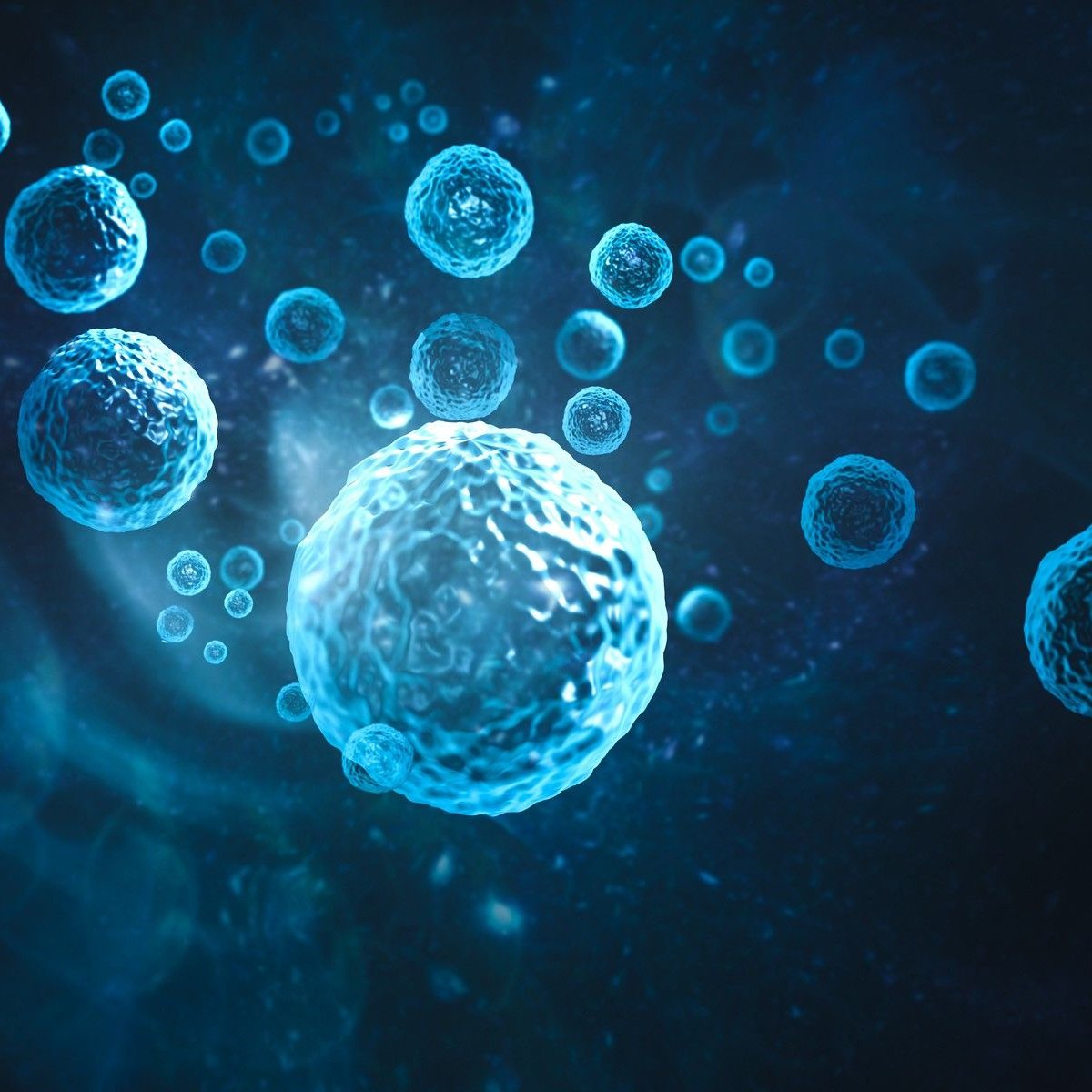Ariano Suassuna said in Auto da Compadecida: “Everything that is alive dies” and it will be no different for our cells. Besides the usual and traumatic forms that cause cell death, Each of the microscopic parts that make up living things has an inherently fatal trigger: Apoptosis..
But this cellular sentence, despite its inescapable aspect, contributes to the balance of our organism and plays an important role in the formation of our physical being, molding all cellular forms and junctions in a certain way, obeying the inherited primordial recipe. Our DNA.
Come and learn more about how cellular apoptosis occurs and the functions it plays in the health and disease processes of organisms.
After all, what is apoptosis and how does it work?
Apoptosis is a word of Greek origin meaning “to fall”. It does not adequately represent the theoretical process of pre-programmed cell death, but it may make more sense if we consider death as a process of continued degradation until the destruction of cellular quality.
The person who adequately answers what apoptosis is is Prof. Dr. Dulci Vagenasbiologist, assistant coordinator of the Biological Sciences course and professor of the Medicine and Biomedicine courses, both at the UNIP Alphaville campus, in an interview with TecMundo.

Dulci explains that “apoptosis is a biological process that is necessary to ensure good development, maintain homeostasis of the organism, and also provide a protective factor against pathological processes.” Regarding development, apoptosis plays a role in the process of “breaking” the conformation of cells during embryogenesis. This interruption is seen not only in humans but in all living things.
The programmed death of cells ensures the proper development of structures, causing “extra” structures other than those programmed for this organism, such as tails and interdigital membranes, to cease to exist in the process.
In maintaining the body’s balance and as a protective factor against diseases, Apoptosis also plays a role in cutting off excesses and destroying old cells or cells that have suffered some kind of damage.Vagenas also explains situations such as mutations triggered by external processes.
In these cases, a cascade of events is triggered, driven by pro-apoptotic agents that activate caspases, which are proteolytic enzymes found primarily in all cells. These enzymes are responsible for regulating the apoptotic process.

It is important to highlight Apoptosis is not the only form of cell deathwith destruction due to necrosis. However, necrosis is not a programmed death and causes inflammation during cell destruction.
In apoptosis, the process is quite clean, there is no leakage of cellular contents into the cellular neighborhood, and debris is rapidly phagocytosed by other cells or macrophages.
Jump all the way to the end?
However, apoptosis is not always active. As Dulci explains, in some cases the triggering chain of events Apoptosis may be somewhat deficient by preventing the activation of enzymes that would cause the cell to self-destruct..
This failure in the system contributes to the growth of potentially pathogenic cells, such as tumor cells, by bypassing the “recycling” and cell death systems, which can lead to unregulated growth and imbalance of body systems.

In light of this, Dulci Vagenas reinforces: The importance of cellular apoptosis in the healthy regulation of cellsensures the balance of the organism and therefore healthy cellular maintenance, while others that are already old, defective or “useless” are eliminated physiologically, through a natural and healthy process.
He served his sentence
And this is, or should be, the life and death process of every cell in our body. This is a physiological process that is extremely important for maintaining the homeostatic balance of our body..
We were also able to observe, albeit briefly, that apoptosis also acts on embryogenesis during development, shaping and remodeling of cellular organization, causing only beneficial cells and cells “prescribed” in the original recipe to remain.

During this patterning process, healthy cells can also receive the stimulus to include other systems to return the organ or system to a state of balance, as in the case of uterine cells after menstrual cycles.
And we, and every living being on Earth, fulfill this strange destiny of life and death. This process is not the end, it means regeneration and recycling to maintain the health and well-being of organisms..
If you want to know what happens when some cells manage to cheat death, you might be interested in knowing the story of Henrietta Lacks and the miracle of cellular immortality. Stay tuned to TecMundo, see you later!
Source: Tec Mundo
I’m Blaine Morgan, an experienced journalist and writer with over 8 years of experience in the tech industry. My expertise lies in writing about technology news and trends, covering everything from cutting-edge gadgets to emerging software developments. I’ve written for several leading publications including Gadget Onus where I am an author.












